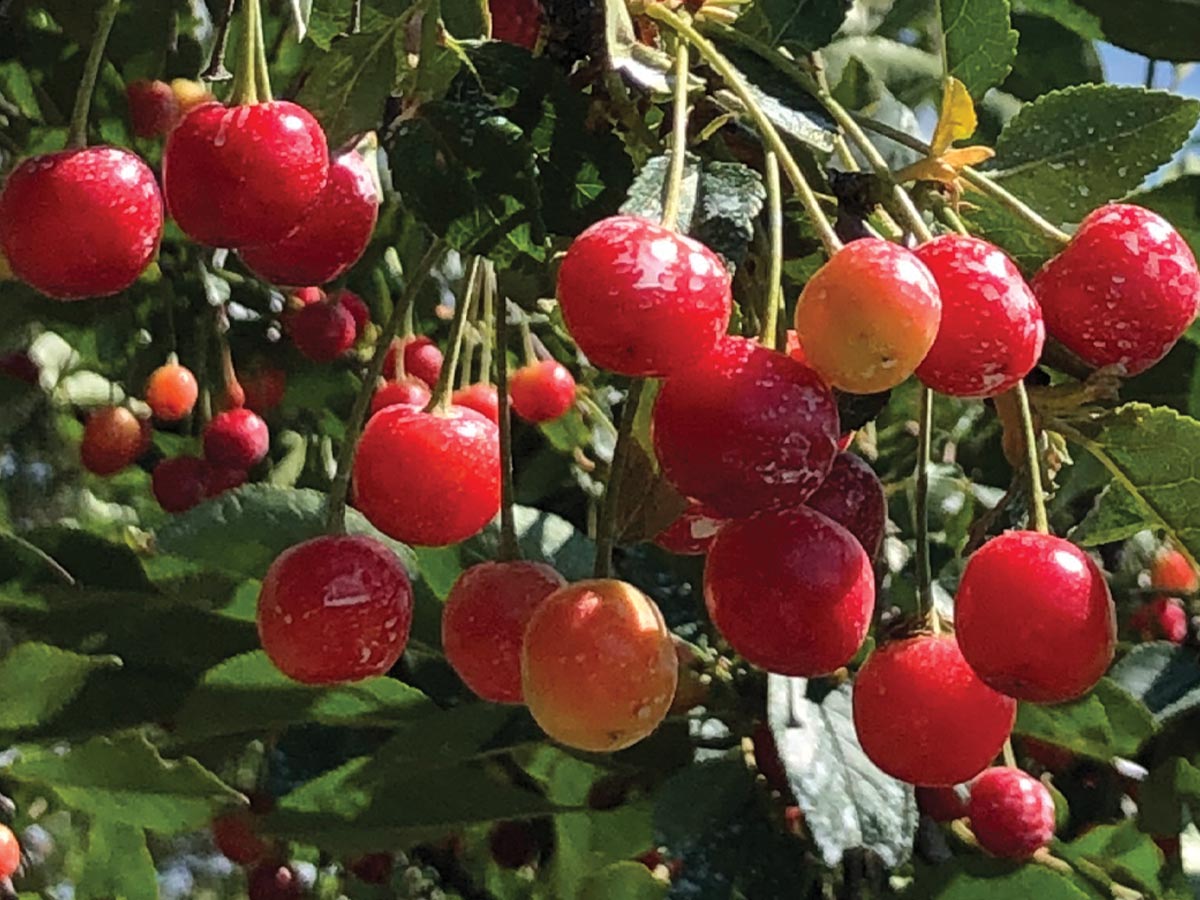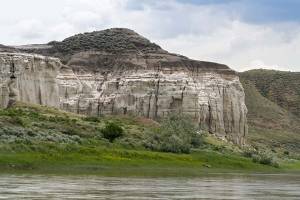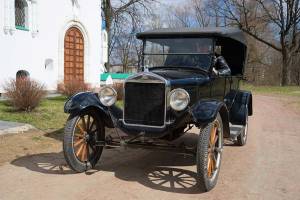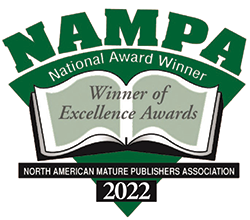The pie cherries are ripe. I pick each day as crimson deepens, leaving others for tomorrow, or the next day. Most go into juice for long winter months; a drink a day and a little turmeric helps my arthritis. Some get pitted for summer cobbler. The rest go into the freezer for winter reflections of sunny days.
I planted the tree just after we built near Kalispell on my wife’s great grandparents’ homestead. I fight the voles, a battle still waging, as they chew roots and threaten to make today’s harvest the last.
Each cherry carries a memory woven into a fabric of images, a web of connections uniting family, travel, and the land that nurtures us all.
I reflect on a trip from Southern California, where I grew up, to Niagara Falls, New York. I was 9 years old. My father piled the six of us unto a station wagon, my grandparent’s trailer pulled behind. We made it to the East Coast in four days. “Leadfoot” became our father’s nickname.
We stopped at Mount Vernon. I was already awed by George Washington, but, seeing the Potomac River, miles wide, I admired him even more, knowing he threw a rock across. Later in life, teaching at a college nearby, I found out the river was the Rappahannock, one even I could span with a good toss. George came down a notch that day.
More cherries go into the bucket.
We went to Gettysburg, a memory as vivid today as it was back then. So much death as the United States of America barely survived the Confederate onslaught. We visited Washington, D. C., and popped in on Senate Majority Whip Hubert Humphrey, a friend my mother grew up with in South Dakota.
We drove to Niagara Falls. I remember reading the description of the trailer park. “Shaded sites with fishing, swimming—a family vacation delight!” I envisioned majestic elms and oaks next to a river, casting my pole for catfish, swimming all day. I was crushed to find a recently planted tree, around 10 feet tall, next to our concrete pad. Yes, that’s tree—singular. There was only one. The river was miles away, and my hopes of fishing and swimming were dashed. The train tracks ran a few yards away. I fulfilled my role as third child and complained bitterly. I was the kind of kid I’m glad I didn’t have later in life.
And then it rained! The pitter patter was music to my ears as I wrote postcards to my grandmother, telling her that I had seen a train with 122 cars, another with 97, and so on. She kept every one. “Treasure,” she told me later, showing me the bundle wrapped in ribbon.
I pick another cherry.
We took a day to visit Niagara Falls. I’ve been to Africa and seen Victoria Falls, and, in my opinion, nothing can beat the tandem cataracts we share with our Canadian neighbors.
We didn’t see my father much the next few days. He was president-elect of an international organization serving the YMCA, called the Y’s Men, and was busy at the convention.
We found an orchard and picked cherries, buckets of them. My mother bought some jars and made jam to take home, some for our toast and pancakes some for gifts. The recipients would exclaim, “Such a beautiful gift”—but not too much. We were, after all, Methodists with roots in the Plains, and effusive emotion would not be proper.
But what I remember most is the pie my mother baked in the small, propane-fired oven. We kids sat at the table, pitting, juice dribbling from our elbows, as she rolled out a Crisco crust and gently laid it in the pan. She took the cherries we’d prepared (I still think, to this day, that pitting the cherries by hand makes a better pie than the sterile pop of a steel and plastic machine), added corn starch and sugar, and poured them in. Then she did something I’d never seen before. Instead of putting the second crust on top, she cut long strips and wove them, over and under, into a lattice, the cherries peeking out between. She dusted a little sugar on top and put it in the oven.
We wiggled, impatient, enveloped in delectable aromas. When it came out, we all ooed and ahhed, but not too much, remember: we were Methodists. But, my Lord, what a thing of beauty as the crimson filling bubbled and dribbled in between the golden, woven crust! Norman Rockwell had no paintings to match such splendor.
I grabbed my plate.
“No, Craig, it has to cool.”
“How long will that take?”
“At least an hour.”
Good grief! A single tree for shade. The river miles away. And now I have to wait an hour for pie? Such unbearable torture for a 9-year old boy who never did master Protestant restraint!
But, when cool, what deliciousness! The five of us ate the whole pie. My mother, wise as she was, had made two.
Mother was a hard woman; admirable, but hard. Her father left the family in the middle of the Great Depression when she was a teen. She became a First Lieutenant in the Army, commander of a group of nurses in London during the great bombing of WWII. Her menopause and my teen rebellion came at the same time; fire and gasoline. Picking cherries and this pie is one of the good memories, one of many such treasures, small but precious gifts.
My picking bucket is full now. I grab one more cherry, place it with the others, smile, admire the beautiful view from my hilltop orchard, and go inside to wash, prepare, remember, and cherish the tapestry of life: God’s creation, family, Mother Earth—all encased in a small, tartly delicious, scarlet fruit. MSN










